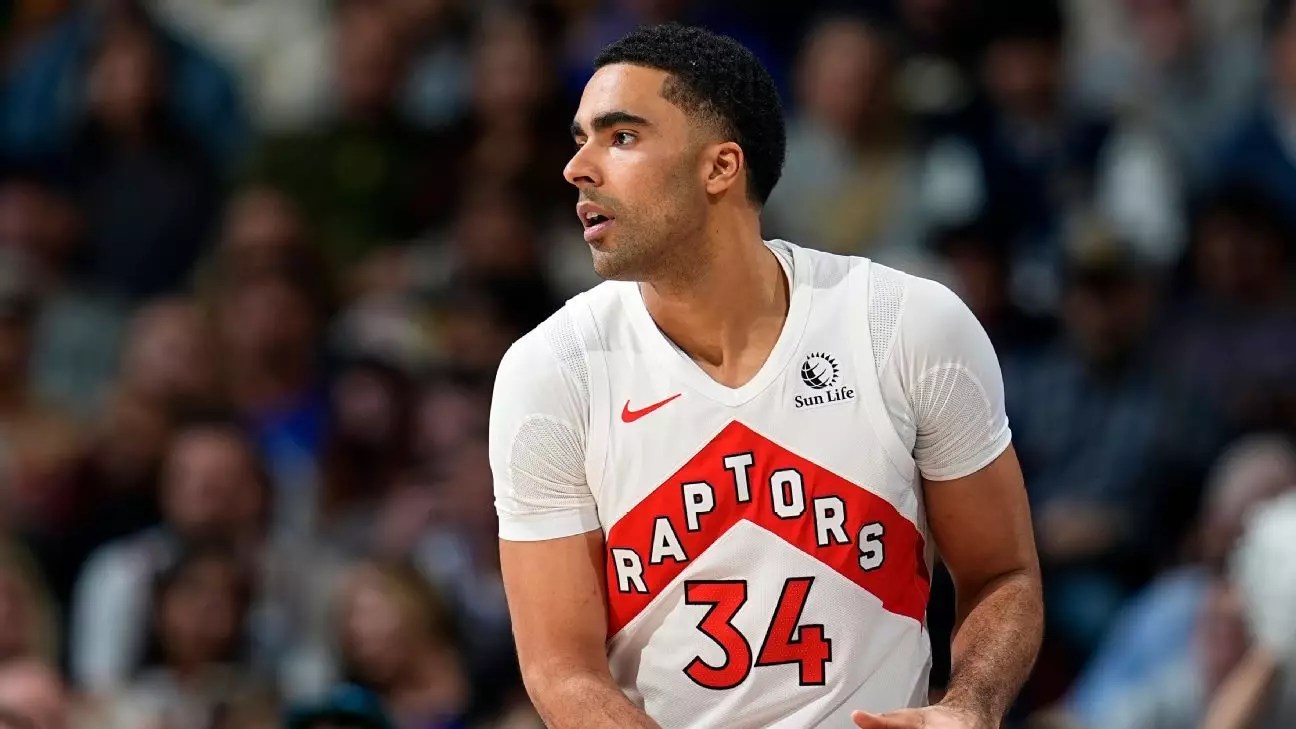In recent years, the sports world has faced an unsettling surge in gambling-related scandals that threaten to undermine the very foundation of fair competition. From high-profile cases involving NBA players to suspicious betting activities across multiple leagues, the integrity of competitive sports is increasingly at risk. Athletes, once seen solely as entertainers and role models, now find themselves at the intersection of enormous financial pressure and targeted exploitation by illicit gamblers. This landscape calls for proactive, comprehensive measures that transcend simple bans and into the realm of strategic regulation, redefining how gambling interacts with sports in a way that preserves fairness and respects athlete dignity.
Why the Current Approach Is Insufficient
While leagues like the NBA and organizations such as the NFL have begun imposing restrictions and advocating for tighter controls, their efforts often remain reactionary rather than preventive. The banning of individual players involved in manipulation cases, such as Jontay Porter’s suspension, underscores the reactive nature of current measures. What is glaring, however, is the lack of systemic solutions that tackle the root of the problem—namely, the for-profit betting markets that incentivize manipulation and expose athletes to harassment. Merely limiting certain prop bets or closing loopholes on specific contracts, while necessary, are akin to fighting fires without addressing the underlying blaze. This piecemeal approach risks ignoring the broader implications of a gambling environment dangerously intertwined with sports.
The Case for Strategic, Thoughtful Regulation
Instead of viewing regulation as a mere tool to curb cheating, leagues and policymakers should approach it as a strategic safeguard that balances fan participation, athlete protection, and the integrity of sport. Introducing tiered restrictions tailored to the nature of bets—such as microbets—could significantly diminish opportunities for malicious manipulation. For instance, banning bets on highly specific in-game events, which have shown to be fertile ground for corruption, would deflate the incentives for athletes and bettors to exploit vulnerabilities. Simultaneously, allowing regulated gambling markets to flourish ensures fan engagement remains vibrant, provided these markets are governed by strict oversight.
Addressing Athlete Welfare and Harassment
Beyond the manipulation issues, a pressing concern is the harassment athletes face from disgruntled or malicious bettors. The online abuse and threats directed at players, exacerbated by the rise in prop bets, pose serious mental health challenges. Protecting players must be prioritized just as heavily as safeguarding game integrity. Implementing tighter regulations on how and when athletes can be contacted, alongside robust anti-harassment support systems, should be integrated into any reform strategy. These measures would not only discourage harassment but also send a clear message: athletes deserve to compete without the shadow of intimidation or exploitation hanging over them.
Learning from States Pioneering Change
Opting for a proactive stance, some states like Ohio and New Jersey are leading the way by banning microbets altogether. The rationale is that such targeted bets, focused on narrowly defined in-game events, open a Pandora’s box of potential for manipulation. Ohio’s recent pause on microbets came in response to suspicious betting activity involving baseball, revealing the tangible risk these small wagers pose. Meanwhile, New Jersey’s legislative efforts exemplify a strategic push toward smarter regulation, aiming to eliminate the most dangerous forms of betting without sacrificing the overall enjoyment of sports gambling. Their initiatives demonstrate a willingness to adapt and innovate—an approach that should inspire nationwide reform.
Reimagining the Future of Sports Betting and Integrity
The path forward isn’t just about restricting certain bets but about cultivating a sporting environment that champions transparency, fairness, and athlete well-being. Sports leagues, regulators, and betting platforms must collaborate on developing intelligent, adaptable policies that keep pace with evolving gambling trends. This includes investing in technology to monitor suspicious betting patterns, establishing clear standards for player protections, and fostering a culture where gambling is integrated into sports responsibly.
By shifting the focus from reactive bans to proactive governance, we can safeguard the spirit of competition while embracing the benefits of legal, regulated sports betting. It’s time to see regulation not as a barrier but as a vital component of the modern sports landscape—one that ensures the game remains pure, athletes stay protected, and fans can continue to enjoy the thrill of their favorite games without fear of corruption.

